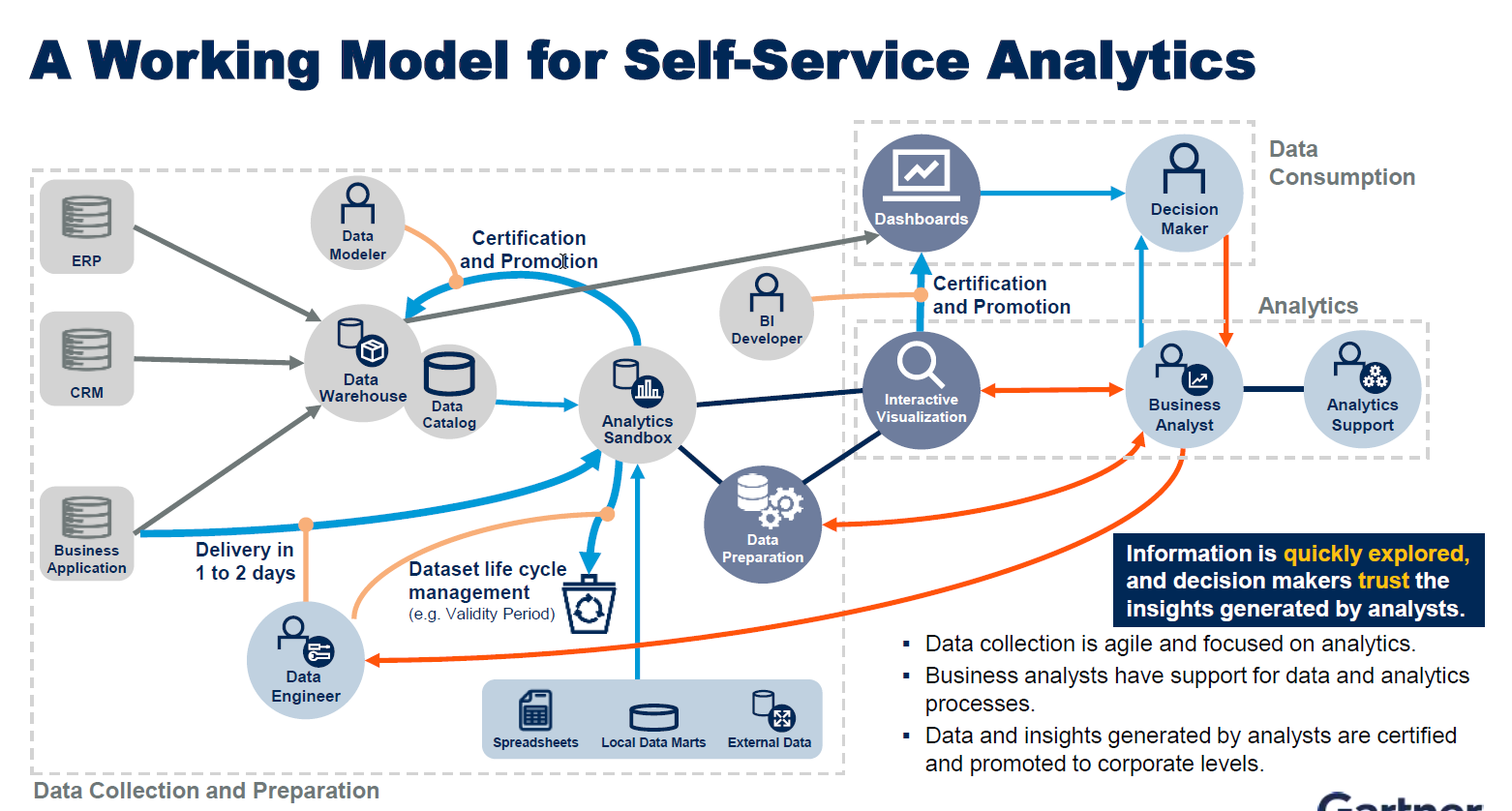
Crime analysts work in law enforcement, analyzing data from police reports to determine trends and patterns. Then, they use this information to develop recommendations for crime prevention techniques and patrols.
To become a crime analyst, you must first complete an educational program. Many options include a certificate program or a bachelor’s degree in criminal justice.
Educational Requirements
If you’re interested in becoming a crime analyst, there are some educational requirements that you will need to meet. These include a bachelor’s degree in criminal justice or statistics and additional training and experience.
Aspiring crime analysts can gain valuable experience by volunteering or interning in a law enforcement agency before they begin working as crime analysts. These positions may be available at a local, state, or federal level and can provide the insight you need to prepare for your career in crime analysis.
The qualifications for a career as a crime analyst also include a background in statistics, writing, and computer skills. These are vital for sifting through massive amounts of data and presenting the information in clear reports to police officers and other law enforcement administrators.
The best way to get a foot in the door as a crime analyst is to begin gaining experience before you graduate from college. You can do this by working as an intern at a police agency, sheriff’s department, or in a related field, such as a police dispatcher.
Experience Requirements
Crime analyst certification is an option for criminal justice graduates who want to build on their skills or those who need more experience in the field. Obtaining certification shows employers that you have the knowledge and skills to help them achieve their goals, which can lead to career advancement and increased salary potential.
Typically, crime analysts have bachelor’s degrees in criminology or a related area of study. These degrees include instruction on gathering, processing, and analyzing criminal data.
In addition to education, crime analysts need strong analytical and communication skills. These skills are vital for drafting reports, newsletters, and alerts that improve the image of a police department before the local community and the local officials.
Aspiring crime analysts should take courses in statistics and psychology, which will assist them with their day-to-day work. These classes will also teach them how to interpret and understand data that pertains to criminal behavior and intelligence.
Job Duties
Crime analysts review and analyze data from police reports and other sources to help determine crimes occurring in a specific geographical area. They look for trends and patterns to make sense of these numbers, which helps law enforcement officials fight crime and keep residents safe.
Typical job duties include reviewing crime scenes, investigating suspects, and writing reports and presentations to assist in policing activities. Criminal analysts also use their statistical expertise to offer predictions of the place, time, and day a crime may occur.
A degree in criminal justice, statistics, or a related field prepares a person for a career as a crime analyst. Additional qualifications for this role include strong analytical and communication skills, a desire to work with crime data, and a desire to improve the community by preventing future crimes.
Visit Here: https://www.blueforcelearning.com/
Salary
Those who are interested in a career as a crime analyst should keep in mind that this position has a relatively high salary associated with it. Typically, this job pays anywhere from $41,044 to $60,388 annually.
A lot of crime analysts’ work involves analyzing information collected and compiled over time. This information is used to track trends in criminal activity, which can help law enforcement agencies fight crimes and prevent future ones from happening.
These people use their knowledge of statistics and criminology to analyze this information and draw conclusions. They can also use their data to make recommendations to law enforcement officers and agencies, which can improve the way these departments work together.
Some crime analysts also can communicate their findings through reports, graphics, and other media formats. This helps their departments maintain a favorable image before the community and local officials.
